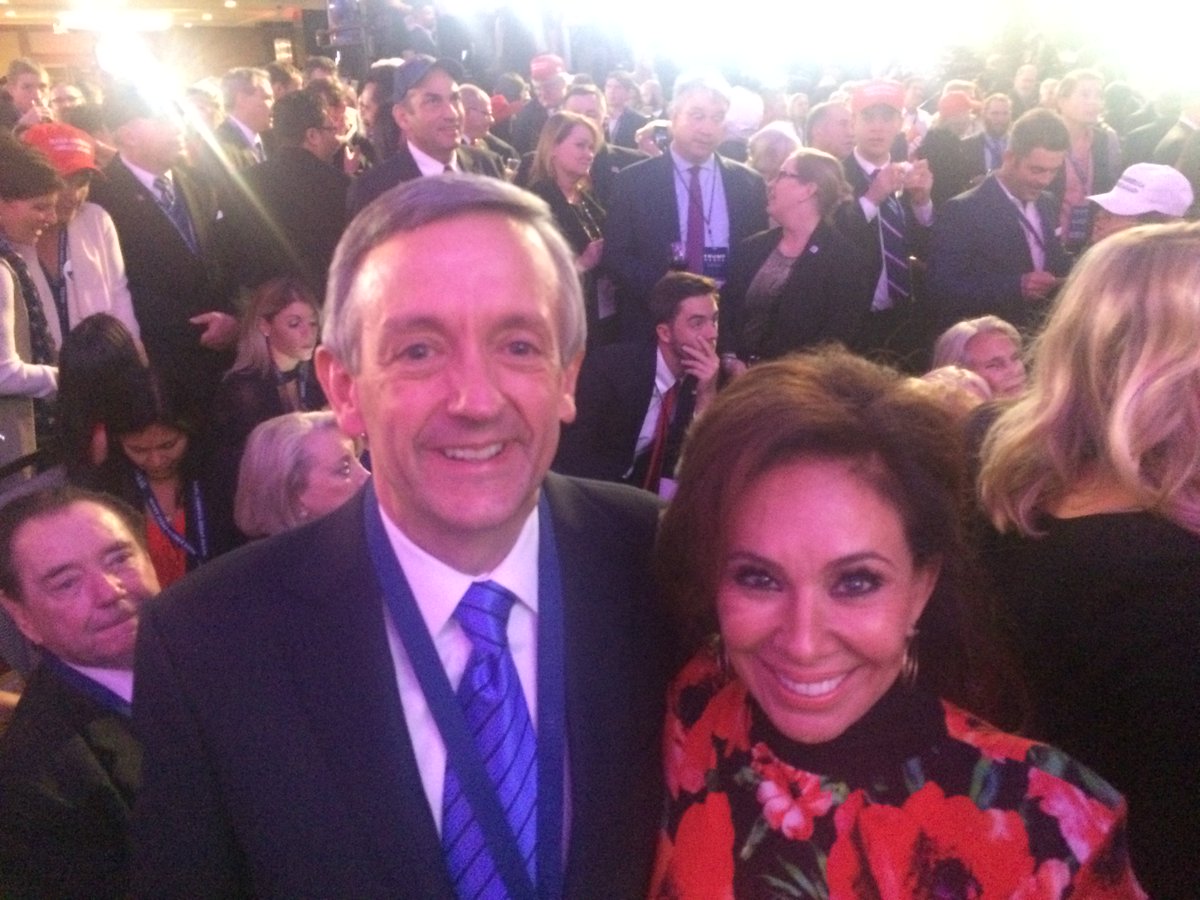
"Exit polls show white evangelical voters voted in high numbers for Donald Trump, 80-16 percent, according to exit poll results. That’s the most they have voted for a Republican presidential candidate since 2004, when they overwhelmingly chose President George W. Bush by a margin of 78-21 percent. Their support for Trump will likely be seen as part of the reason the GOP candidate performed unexpectedly well in Tuesday’s election, according to Five Thirty Eight.
White evangelicals are the religious group that most identifies with the Republican Party, and 76 percent of them say they are or lean Republican, according to a 2014 survey. As a group, white evangelicals make up one-fifth of all registered voters and about one-third of all voters who identify with or lean toward the GOP.
Evangelicals also play prominently in swing states like Florida, where they are anticipated to make up 20 percent of the state’s votes. There they polled 85-13 percent. Their support for Clinton at 16 percent was less than evangelical support for Obama of 20 percent in 2012.
Trump’s candidacy has caused a huge divide among evangelical leaders, but evangelical voters coalesced around him as a presidential candidate, many citing his promise to appoint Supreme Court justices who would overturn Roe v. Wade.
Evangelicals are a subset of Protestant Christians, and there is much debate over who gets to define them and speak for them. Thomas Kidd, a history professor at Baylor University, for instance, has argued that the term “evangelical” has been watered down too much to be a useful term.
Tuesday’s election, though, will likely create some hand-wringing in the evangelical community about their involvement in politics. Reactions to election results were still trickling out late Tuesday as reactions began to pour in, and some lamented the role of evangelicals in the election.
Ahead of Tuesday’s election, evangelicals warred among themselves over whether Trump would be a good president. The debate became especially fierce after a video of Trump’s crude comments toward women was published, when evangelical women began to speak out and two prominent evangelical magazines denounced him.
Trump’s candidacy led to divisions within different evangelical camps. Liberty University Jerry Falwell Jr.’s endorsement of Trump caused division on his own campus. A prominent evangelical theologian Wayne Grudem endorsed Trump, pulled back his endorsement after the video tapes came out, then re-endorsed him.
Trump’s support from Grudem and Eric Metaxas, an author of a popular biography and radio host, gave conservative evangelicals language to support the GOP candidate. And evangelical leaders from what’s considered the Religious Right also continued to back him, including Pat Robertson, Tony Perkins, Ralph Reed, among others. Texas pastor Robert Jeffress tweeted from Trump’s campaign party on Tuesday night.
Trump’s support from evangelicals could be explained at least in part by their deep dislike for Clinton. According to a Post-ABC poll in October, 70 percent of white evangelicals held an unfavorable view of Clinton, compared with 55 percent of the public overall who say the same thing.
Clinton has symbolized much of what evangelicals have tended to oppose, including abortion rights advocacy and feminism. As first lady, she is tied to conservative Christian loss of culture war battles during Bill Clinton’s presidency."
White evangelicals voted overwhelmingly for Donald Trump, exit polls show - The Washington Post

No comments:
Post a Comment